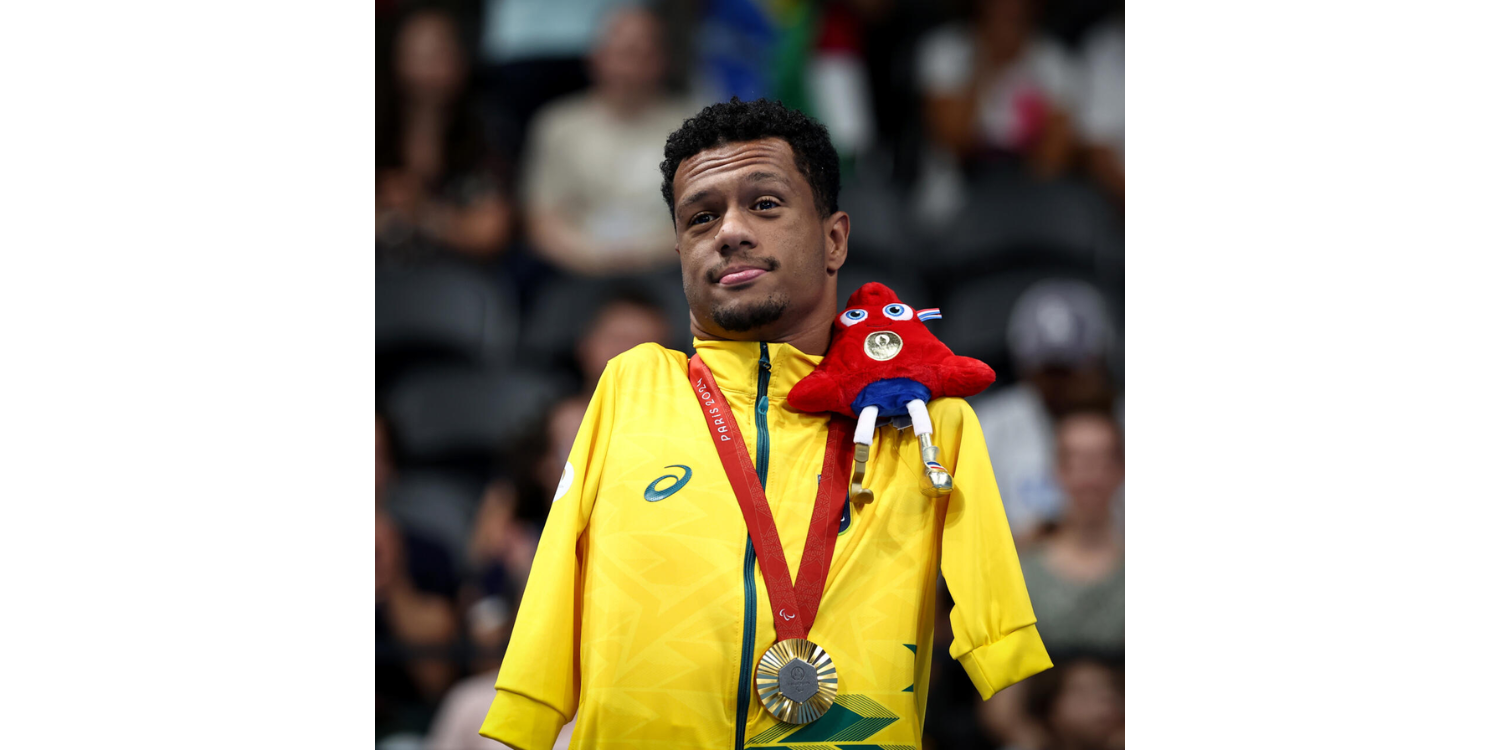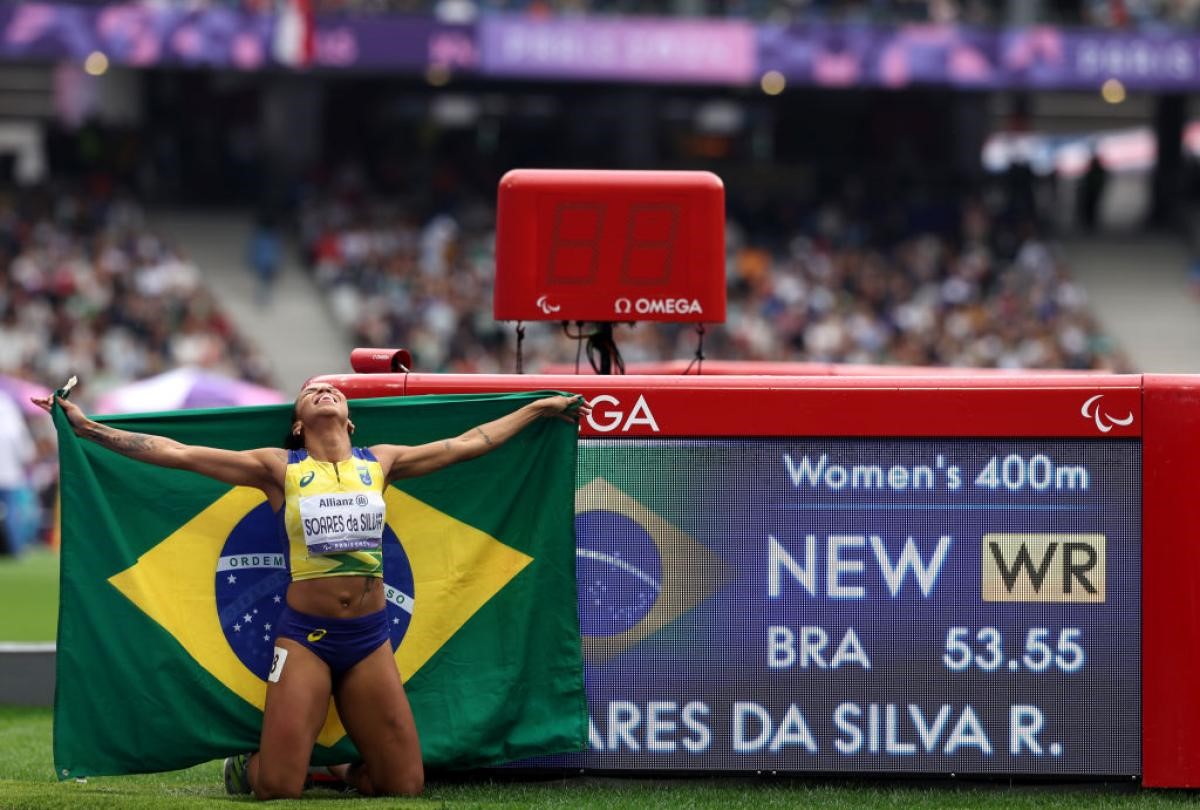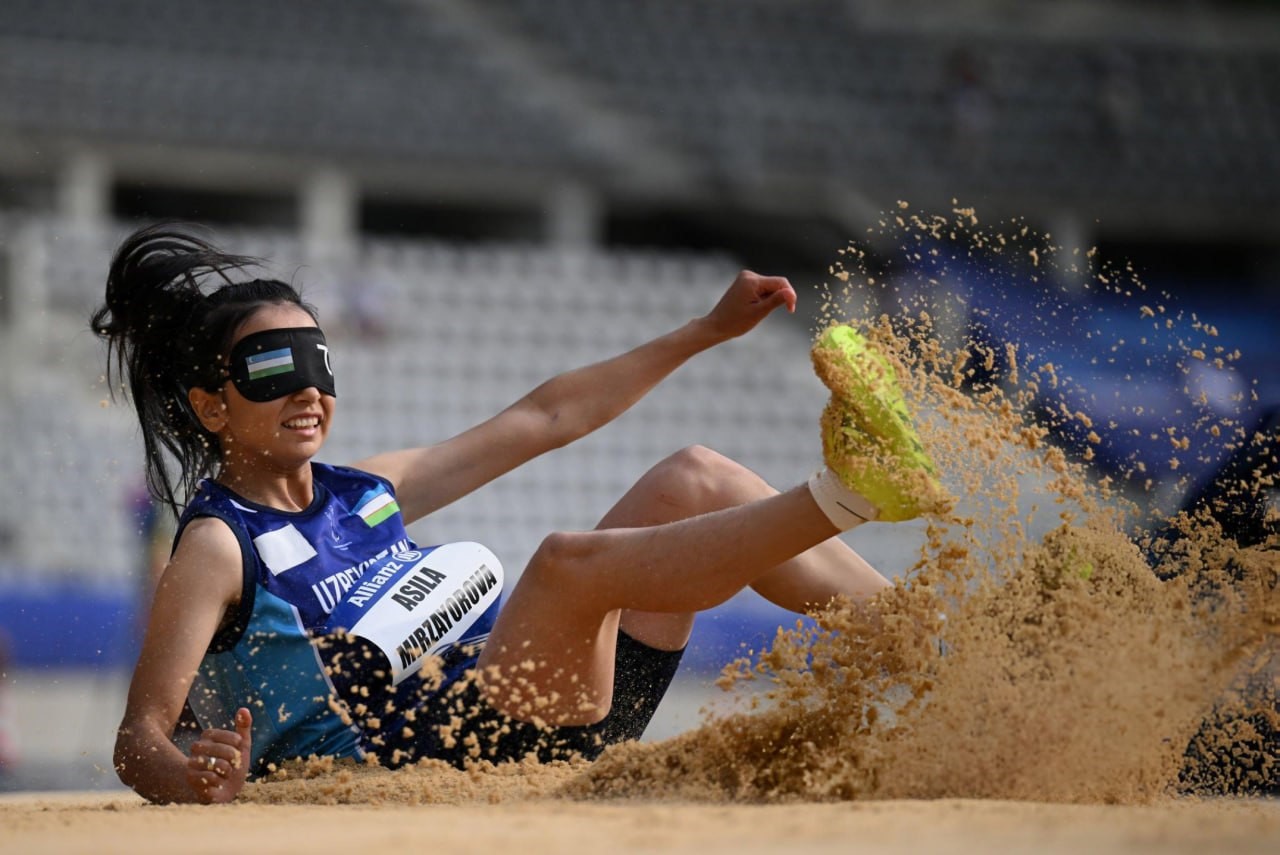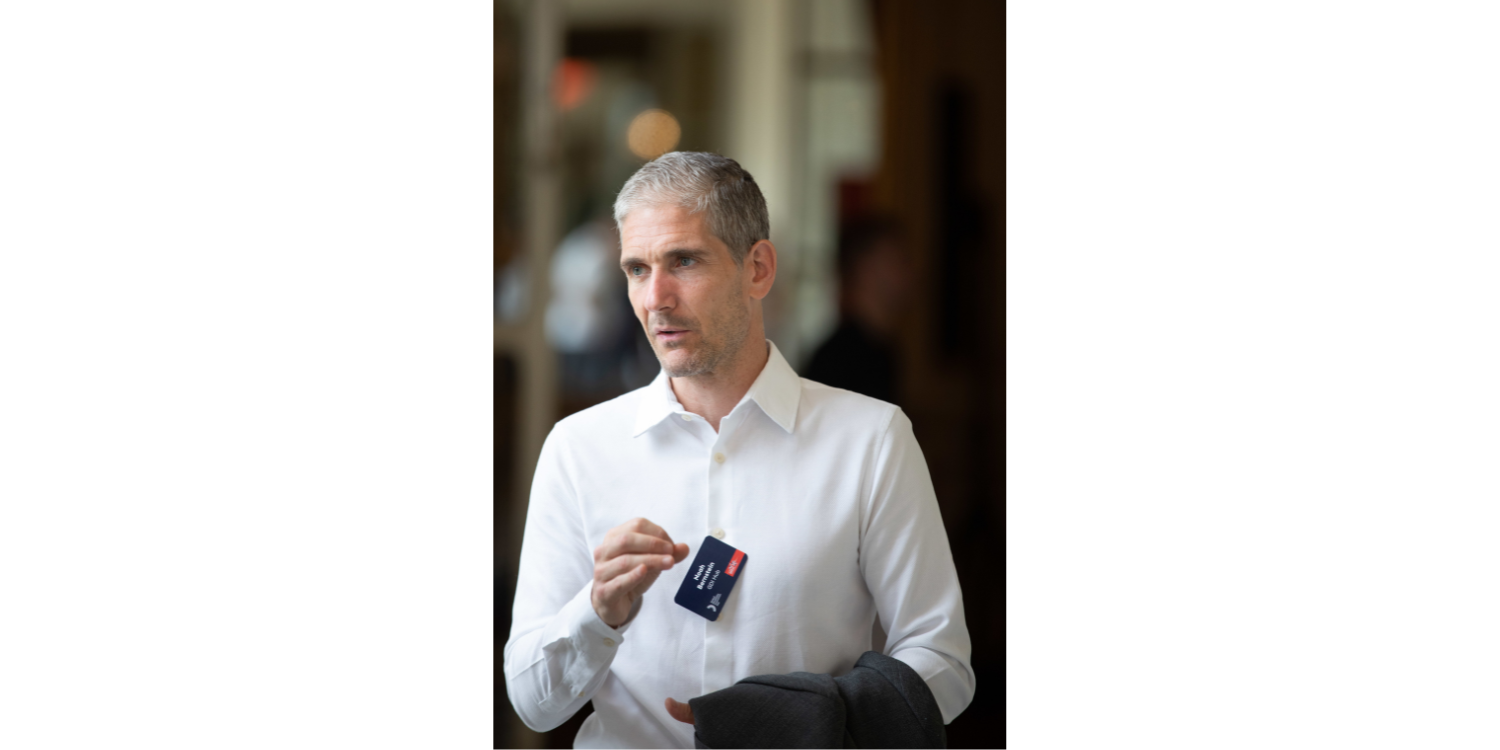What you water grows: how Brazil thrived at the Paralympics - by Noah Bernstein - COO at GDI Hub
Brazil did not have a good Olympics. The country of 215 million won fewer medals in Paris than they did in Tokyo, including 4 less gold, finishing 20th overall, compared to 12th in Japan. They did, however, have an outstanding Paralympics, surpassing their 2020 medal haul by a whopping 17 medals, finishing in 5th place, their highest ranking ever.
Scoreboards across Paris were filled with victorious Brazilian flags, and stadiums were packed with large numbers of (impressively loud) Brazilian fans. The gold rush started with Ricardo Mendonça’s brilliant 100m victory and hit dizzying heights when Gabriel Araújo, known as Gabrielzinho, won three gold medals in all three events he competed in, surely one of the most memorable moments of the ‘real’ Olympics. The podium finish would repeat itself 88 more times for Brazil over the course of ten days. It was an achievement that was not by accident.

Gabrielzinho with one of his gold medals and Olympic mascot Phryges on his shoulder.
What you water grows. And some very smart, visionary people in Brazil began watering more than a decade ago, starting with the Brazilian Paralympic Committee’s (CPB) intentional shift to invest more time and money in Paralympic athletes. At the centre of their strategy was inclusion which, according to CPB President Mizael Conrado (a former blind football player), “became our mission. We changed the logic of sports development. We started going to the people, creating more projects for the development of Paralympic athletes.”
Inspired by China, where more than 60% of their podium finishers were women, the CPB set out to increase and expand female participation in major events. In Paris, 45% of the Brazilian team consisted of women, who were winners of the majority of gold medals.

Brazil's Rayana Soares set a new world record to the women's 400m after 29 years
Alongside the driving forces of inclusion and equality was access to money, more specifically securing a lot of it over an extended period of time. This came through innovative policy changes including allocating funds from lotteries to sport, using tax waivers for companies and individuals to benefit sports projects, and the availability of generous grants that guarantee income to athletes at different stages of their careers. In Brazil, these policies apply equally to Olympic and Paralympic athletes alike.
Brazil’s success shows change is possible if a visionary strategy is backed by political will. It also highlights that change won’t happen by itself. Brazil’s story of success contrasts sharply with rich countries like Japan and Australia that typically fare well at the Olympics but lag at the Paralympics due to reported underinvestment and much smaller proportional delegations.
It also raises another uncomfortable question: what if you’re not an upper-middle- or high-income country with access to resources? There were no middle or low-income countries (LMICs) in the Paris Top 10, you’d need to go to Uzbekistan at #13 to find one. Paralympic sport is unlikely to attract the necessary investment in LMICs where poverty reduction, education and health are, understandably, prioritised. How then do we create a mechanism where LMICs receive enough funding so they can deploy a visionary strategy of inclusion and equality akin to that of Brazil’s? A revenue sharing scheme, like that of many professional sports leagues, could redress the balance and make the Paralympics more representative and inclusive of disabled people no matter which country they happened to be born in.

Uzbekistan’s Asila Mirzayorova shattered the long jump record winning the country’s first of 10 gold medals in Paris.
I was fortunate enough to witness, and be inspired by, the Paralympics in Paris due to the extraordinary legacy of the 2012 Paralympic games in London. Inspired by the success of the games, in 2018 UK Aid, through the FCDO (then DFID), invested £10m in the AT2030 programme to test ‘what works’ to improve access to life-changing Assistive Technology (AT) for all. Since then, the programme, led by Global Disability Innovation Hub, has reached a staggering 37 million people in 61 countries, creating genuine lasting impact for persons with disabilities and their communities. UK aid announced a further £31 million investment to the AT2030 programme in 2023, providing another good example of vision and political will coming together to create long-term change. We can only hope other governments and decision-makers take note on how to create lasting, sustainable change that brings much more than medals.

Noah at our Beyond Sport Reception in Paris. Photo Credit: UK In France